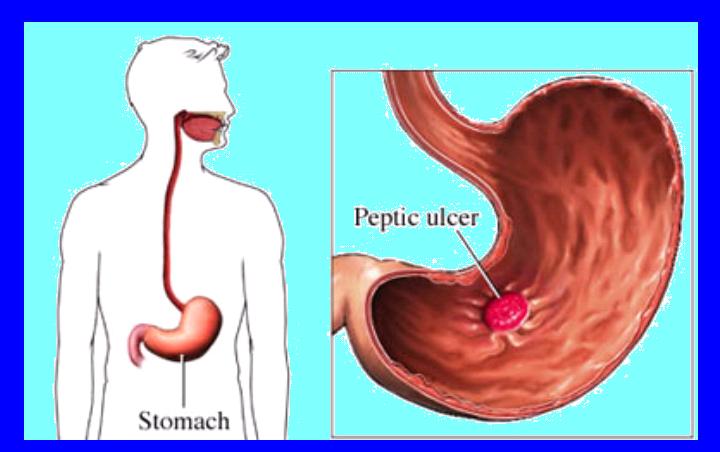When you are not feeling up to par, there are a few solutions available to remedy the situation: 1) you wait it out and hope it goes away; 2) you Google to find the answer (and sometimes you feel worse after reading what those symptoms might really be; or 3) you take yourself to the doctor.
Babies and pets are the only ones who must suffer in silence because they are unable to tell you they don’t feel well. An astute parent, or pet parent, notices a not-so-perky or listless demeanor or crying/whining and that is all you have to go on.
Toddlers or children are more vocal. They’ll come up to you and say “I’ve got a tummy ache” and will point a chubby finger around the area of their bellybutton. Well, that doesn’t help much, so, it is up to you to play detective and decide if the malady warrants a trip to the pediatrician, or even the E.R., or just a few days spent in bed. Pain that is generally located around the center of the abdomen, or the bellybutton is considered “simple” abdominal pain.






